
Social logins -- the convenience and the risks
Increasingly people are suffering from password fatigue, so when signing up to websites it's very tempting to use existing social media accounts.
However, according to a survey from customer identity and access management specialist Janrain, 93 percent of people are concerned about how their account data and activity are being shared and used.
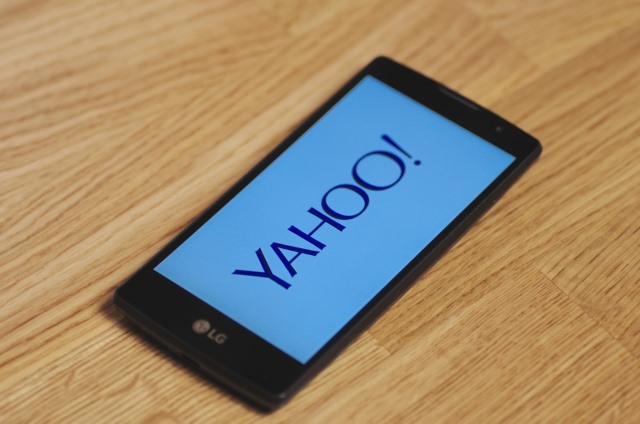
Companies are losing confidence in Yahoo
Yahoo users have started to lose faith in the company following the theft of millions of account details and the revelation of collusion with the NSA and FBI. But it is not just users who are becoming disillusioned and looking to move elsewhere -- Yahoo's partners are also concerned.
One such company is StartPage, described as "the world's most private search engine". Concerned by privacy violations, it is ditching Yahoo search results from its metasearch tool Ixquick.eu. The parting of ways will take place by the end of the month, and StartPage CEO Robert Beens believes more companies will follow suit.

How large can GDPR fines get in UK?
When GDPR (General Data Protection Regulation) comes into force in 2018, businesses not adhering to cybersecurity best practices risk either €20 million in fines or four percent of their annual global turnover, whichever is bigger.
The media has been buzzing about this a lot lately, but how much is four percent really, at least among UK organizations? According to PCI Security Standards Council -- that could be up to £122 billion. Here’s how PCI SSC came to that conclusion.
Lost for words? Facebook Messenger suggests conversation topics at the cost of privacy
Facebook is keen for people to keep talking. Recently the company has been pushing its Messenger app as a way for people to stay connected in a variety of ways, but it has also noticed a problem -- people don’t always have something to talk about.
But Facebook (of course!) has a solution. To help those who struggle with small talk, an experiment is underway whereby Facebook Messenger will suggest possible topics for conversation. These are, obviously, not just random suggestions, but topics based on the activities of the participants -- opening up the usual privacy concerns that tend to be associated with Facebook.
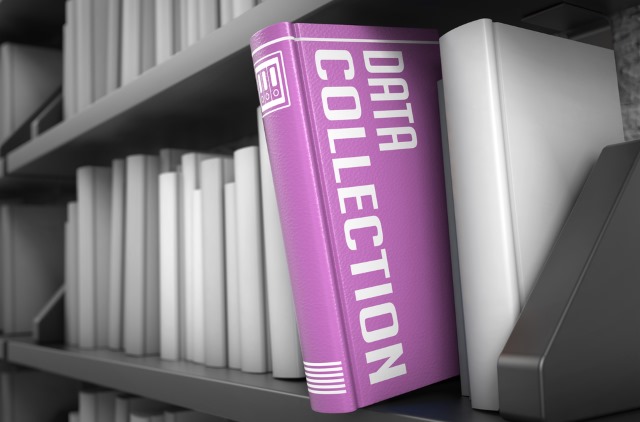
MI5, MI6 and GCHQ secretly and illegally collected data about British citizens for over a decade
The surveillance activities of the NSA in the US, along with MI5, MI6 and GCHQ in the UK, have been known about for some time now, largely thanks to Edward Snowden. Now the Investigatory Powers Tribunal has ruled that for more than a decade, huge amounts of data were collected without adequate oversight, breaking privacy laws.
The tribunal also said that some instances of data collection failed to comply with the European Convention on Human Rights (ECHR). Privacy International, the group who brought the complaint against the spy agencies, said that this is a "highly significant judgment".
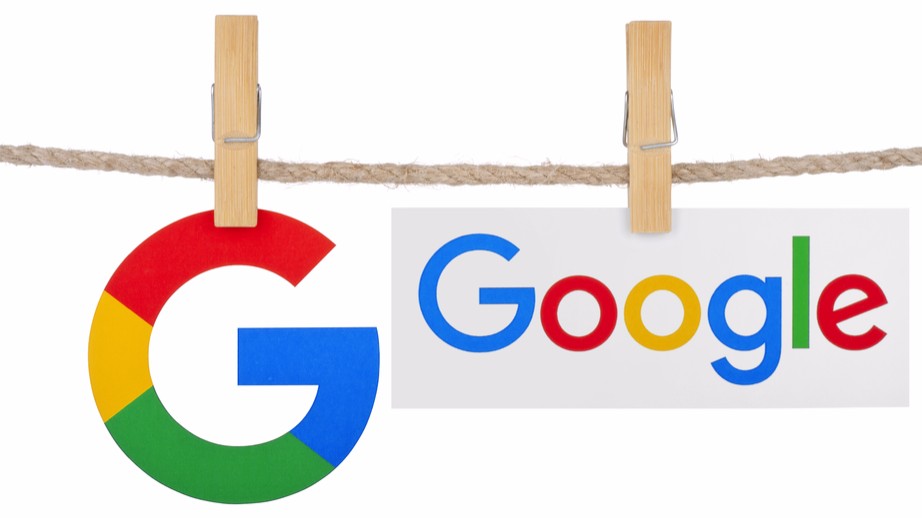
Google's latest transparency report reveals the futility of transparency reports -- and increased data requests
As has become the norm for big tech companies these days, Google has just published its latest transparency report. The report reveals -- in very, very broad strokes -- the number of requests for user data the company has received from the US government.
In a groundbreaking revelation (and -- please -- note the sarcasm) the lifting of a gag restriction by the FBI means Google is now able to report about the number of National Security Letters it received in Q2 2015. Sort of. "We have updated the range of NSLs received in that period [...] from 0-499 to 1-499." Or, to paraphrase: "there definitely weren't none".

Few businesses are prepared for GDPR
The GDPR is drawing ever closer, but organizations which will be directly affected by it still don't know how to approach the new regulation, a new study by Dell shows. Ever since it was unveiled that the General Data Protection Regulation will come into effect in May 2018, surveys have been done to see if companies are preparing themselves for it, and if they will be ready to comply with it in time.
Never have these reports shown positive or encouraging results, and the new one by Dell is no different. Still, organizations aren't even close to being prepared. More than 80 percent say they know close to nothing about GDPR. Less than a third are ready for GDPR today. Almost 70 percent of IT and business professionals say they are not, and that they don't know if their companies are ready.
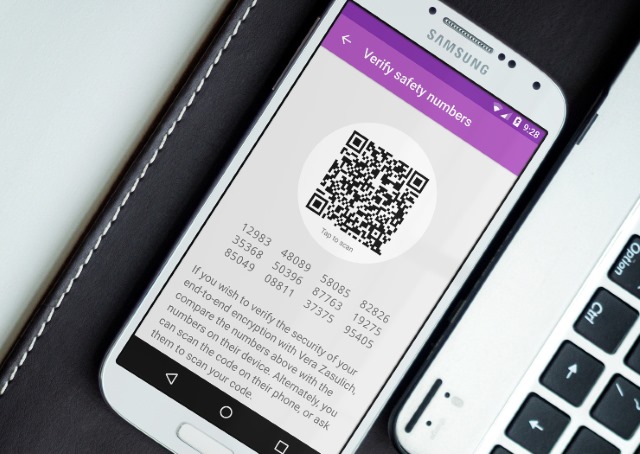
Snowden-endorsed Signal gains Facebook-style disappearing messages
Facebook's recently rolled-out Secret Conversations heralded the arrival of not only end-to-end encryption for users, but also disappearing messages. Not to be outdone, Edward Snowden's favorite messaging service, Signal, has followed suit.
The company behind the app, Open Whisper Systems, points out that the feature is not really designed to further improve security and privacy; rather it is a way "to keep your message history tidy".

New Mac malware could secretly record your webcam during video chats
FBI director James Comey made the news last month when he admitted that he tapes over his laptop's webcam to avoid being spied upon. Mark Zuckerberg does it too. As Comey puts it, blocking the webcam is a "sensible" thing to do -- and if you too care about your privacy you should follow suit. But, there is a problem.
When you remove the tape to chat with someone you are left vulnerable. And, as a security researcher will demonstrate today at the VB2016 conference, a hacker could use that opportunity to record Mac users' activities "in an essentially undetectable manner".

Everyone now has access to Facebook's Secret Conversations, so take control of your privacy
Facebook has been testing its privacy-focused Secret Conversations feature with a select, and then wider, group of users for a little while now. Today the end-to-end encrypted messaging system rolls out to everyone. If you're concerned about your privacy (firstly, why are you using Facebook?), it's your duty to use it.
Secret Conversations remains an opt-in feature, and once enabled it means that only the sender and recipient are able to see messages -- there is no scope for interception by Facebook or any other third party. There's also an important self-destructing messaging option, but there's one glaring problem.
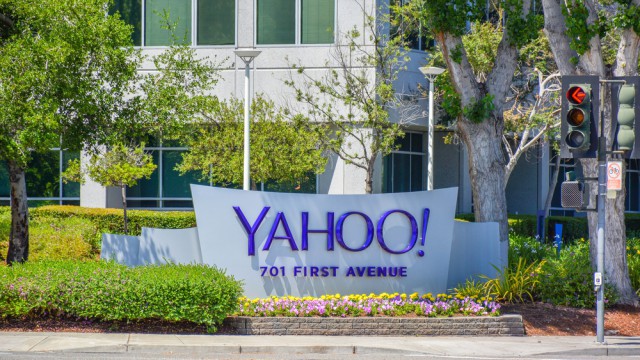
Yahoo secretly scanned emails for the NSA and FBI -- Apple, Google and Microsoft did not
Yahoo has been having something of a rough time of late, and things are not getting any easier. It has emerged that the company created a custom tool to search customers' emails for specific terms as directed by the NSA and FBI.
Reuters shares the story of two former Yahoo employees who say the company complied with a government directive to search through all incoming emails. In response to the revelations, Apple, Google and Microsoft have all denied engaging in similar activity.
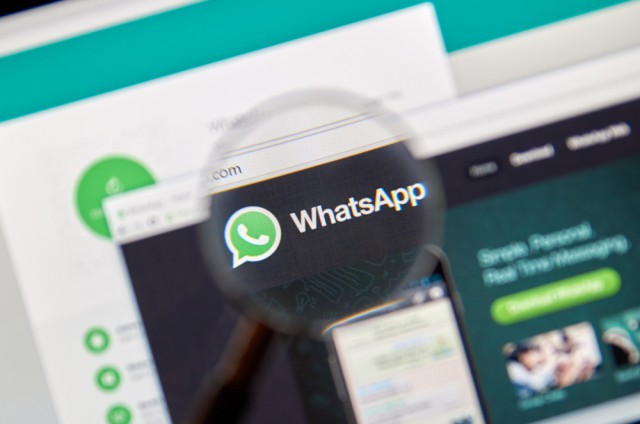
Germany bans Facebook from collecting WhatsApp users' data
Germany has decided to ban WhatsApp and Facebook from sharing user data with one another as consumers did not agree to the data sharing deal between the two companies.
Last month, it was announced that WhatsApp would begin sharing the data it collected from its users to Facebook. The social network would then use that data to help it better serve ads and generate more information from the people using the popular messaging app.

Customers lose trust in hacked businesses
If your business gets hacked, expect to lose a significant portion of your customers -- for good. This is according to a new report released by Alertsec, the cloud-based encryption company. Its Brand Perception Study, based on a poll of 1,200 Americans, says 17 percent of women and 11 percent of men would permanently lose trust in a hacked company.
Almost a third (29 percent) would need months to return while a further 22 percent would need only one. Men are also more likely (16 percent) to switch brands after a hack than women (6 percent). For more than a third (35 percent), a hack means the company was sloppy. Another third (32 percent) says it is the result of a lack of professionalism, while 26 percent say the company would become a great target for lawsuits.

How to send secret messages in Facebook
There are lots of different messaging apps available, including WhatsApp, Facebook Messenger, and Google’s latest offering, Allo. Which you use will likely depend on what apps your friends prefer, but privacy might also be a big factor. Google Allo, for example, is a bit of a privacy nightmare, unless you use the Incognito mode.
You probably don’t want Facebook snooping on your private conversations, so may have steered clear of Messenger previously, but the good news is the social network now lets you send private messages to friends which can only be read on the device of the person you're communicating with -- and not by Facebook itself.

Updated DRM platform helps protect sensitive enterprise data
Leakage of data, whether due to the action of hackers or simple error by insiders is a major problem for enterprises.
File security specialist FinalCode is launching a new version of its DRM platform to help businesses secure data both inside and outside the organization.
